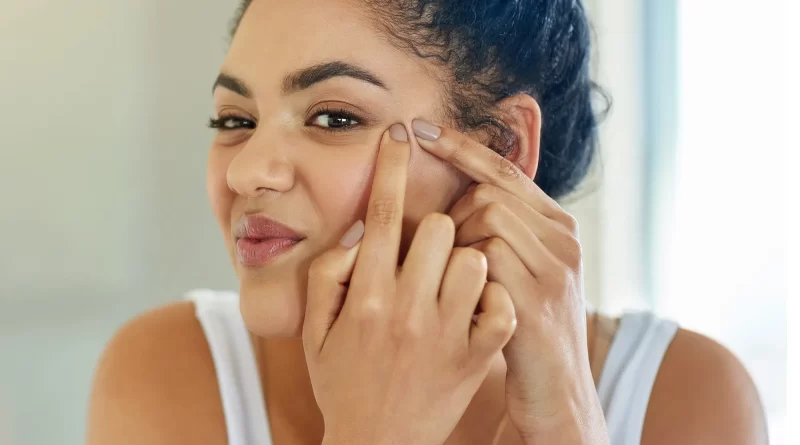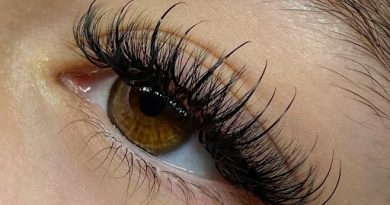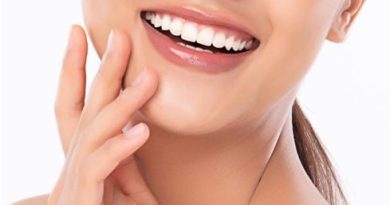The Ultimate Guide To Understanding Acne
Hey there fellow acne sufferers, it’s great to have you here. I’m excited to share with you the ultimate guide to understanding acne.
As an acne specialist, I’ve seen firsthand the toll that this skin condition can take on a person’s self-esteem and confidence. That’s why I’m passionate about educating people on what causes acne and how to effectively treat it.
Acne is a complex condition that affects people of all ages, genders, and skin types. It can be frustrating, embarrassing, and even painful at times. But don’t worry, you’re not alone in this battle. With the right knowledge and tools, you can take control of your acne and achieve clear, healthy-looking skin.
So let’s dive into the world of acne and uncover everything you need to know to beat it once and for all!
Post Content
What Causes Acne And How To Identify It
Acne is a common skin condition that affects millions of people worldwide. Despite the prevalence of this condition, there are still many misconceptions surrounding its causes and treatment.
Hormonal factors can significantly contribute to acne development. High androgen levels can cause excess sebum production, leading to pore blockages and breakouts. Additionally, stress has been shown to exacerbate acne symptoms by increasing inflammation in the body.
While diet may not directly cause acne, certain foods high in sugar and dairy have been linked to increased breakouts in some individuals. Dispelling acne and skincare myths, like frequent face washing preventing breakouts or only oily skin types getting acne, is crucial.
Understanding the actual causes and symptoms of acne can help people pinpoint their own condition and find suitable treatment options, while avoiding misunderstandings.
Understanding Different Types Of Acne
When it comes to understanding different types of acne, there are a few key types that every acne sufferer should be aware of.
One common type is hormonal acne, which is caused by fluctuations in hormones and tends to occur around the chin and jawline.
Another type is cystic acne, which is characterized by deep, painful pimples that can leave scars if left untreated.
Acne Mechanica, on the other hand, is caused by friction or pressure on the skin and often affects athletes or those who wear tight clothing.
Acne rosacea is another type of acne that presents as redness and flushing on the face, often mistaken for a sunburn or rash.
Acne conglobata is a severe and rare type of acne that typically affects males, causing nodules and abscesses on the chest, face, and back.
It’s important to understand these different types of acne to properly treat them and achieve clear skin.
The Importance Of A Skincare Routine In Managing Acne
To effectively manage acne, it is crucial to establish a consistent skincare routine.
Cleansing techniques are the foundation of any good routine, as they remove dirt and oil from the skin’s surface. Look for gentle cleansers that won’t strip the skin of its natural oils.
Moisturizing is just as important, as it helps to maintain the skin’s hydration levels and prevent excess oil production. Opt for lightweight, non-comedogenic moisturizers that won’t clog pores.
Exfoliation is also key in managing acne, as it helps to unclog pores and remove dead skin cells that can contribute to breakouts. However, be careful not to over-exfoliate or use harsh scrubs that can damage the skin.
Sun protection is another essential component of a skincare routine, as UV rays can exacerbate acne and cause hyperpigmentation. Choose broad-spectrum sunscreens with an SPF of at least 30 and reapply throughout the day as needed.
When selecting products, look for ingredients like salicylic acid, benzoyl peroxide, retinoids, and niacinamide that have been proven effective in treating acne-prone skin.
You can maintain clear and healthy skin while still caring for your overall well-being by adding these elements to your daily routine to control acne.
Common Acne Triggers To Avoid
As an acne expert, I often see patients who are frustrated with their skin despite following a strict skincare routine.
One major factor that can contribute to acne is dietary triggers. Consuming foods high in sugar or processed ingredients can cause inflammation and breakouts.
Hormonal imbalances can also play a role, particularly for women during menstrual cycles or pregnancy.
Stress factors, such as lack of sleep or emotional turmoil, can further exacerbate acne.
Environmental irritants like pollution or harsh chemicals in products can also trigger breakouts.
And lastly, skincare mistakes like using too many products or not properly cleansing can worsen acne.
To avoid these common triggers, it’s important to prioritize a healthy diet, manage stress levels, and use gentle skincare products while avoiding harsh environmental irritants.
Dermatologist-Approved Acne Treatments And Prevention Strategies
Now that we’ve discussed some common acne triggers to avoid, let’s talk about dermatologist-approved acne treatments and prevention strategies.
Hormonal imbalances can cause acne, so consulting a healthcare provider to find and treat underlying hormonal issues is crucial.
In addition, making dietary changes such as reducing sugar and dairy intake can also help improve skin health.
Stress management techniques like meditation or exercise can also be helpful in preventing breakouts.
Topical medications such as benzoyl peroxide or salicylic acid can be effective for treating mild to moderate acne.
For those who prefer alternative therapies, options like tea tree oil or probiotics may also be worth exploring.
Since everyone’s skin varies, it’s important to remember that what works for one person may not work for someone else. Therefore, finding the right treatment method may involve some trial and error.
However, with patience and persistence, clear skin is achievable.
Conclusion
As an acne specialist, I hope this guide has been helpful in understanding the causes and different types of acne.
It is important to identify your specific type of acne to properly manage it through a consistent skincare routine and avoiding common triggers.
Remember that everyone’s skin is unique and what works for one person may not work for another.
Don’t be afraid to seek advice from a dermatologist about personalized treatment options.
If you’re looking for an experienced St George dermatologist, don’t hesitate to find one who can provide tailored and comprehensive advice.
With patience, dedication, and the right approach, you can achieve clear and healthy skin.
Keep up with your routine, avoid common triggers, and don’t hesitate to seek professional help if needed.
You can overcome acne and feel confident in your own skin.




